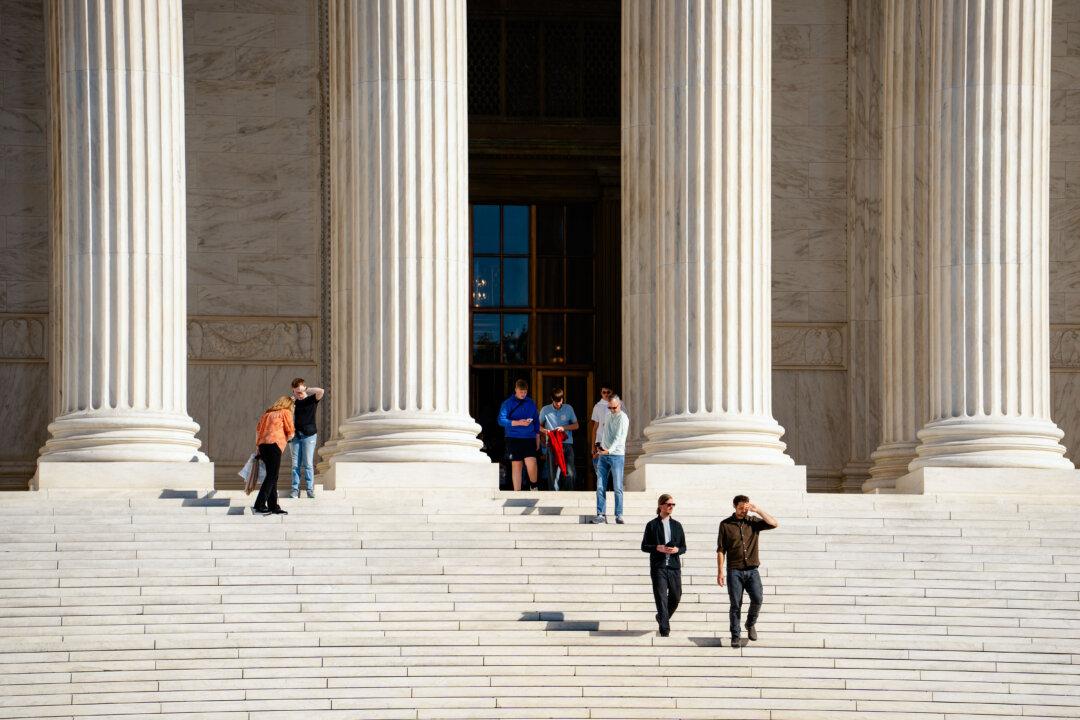The U.S. Supreme Court on Nov. 18 declined to take up a challenge to Alaska’s campaign disclosure law that state voters approved in 2020.
Donors and independent expenditure groups contesting the law argued its requirements were burdensome and unconstitutional.





